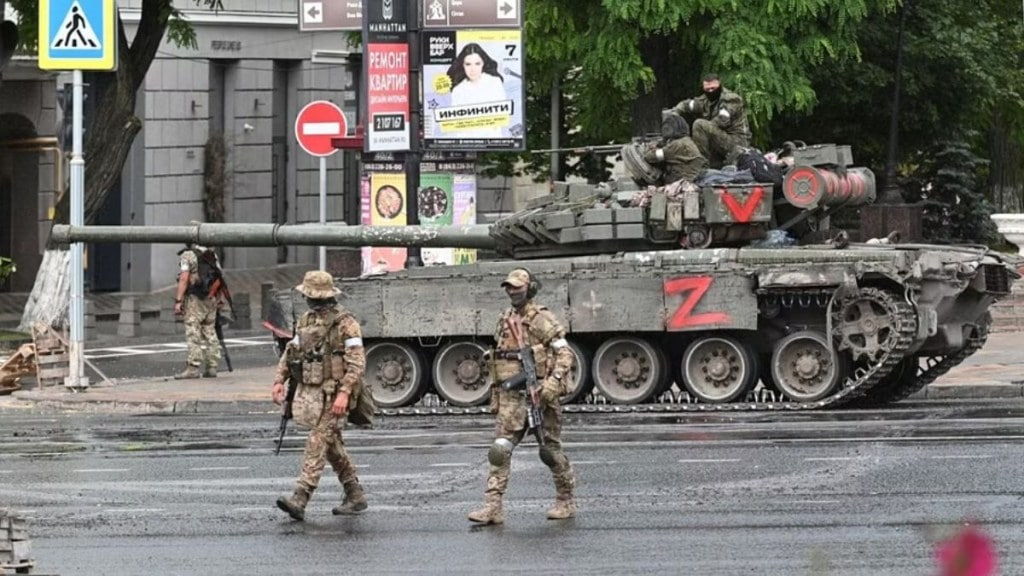Although India is the world’s fastest growing large economy, it faces a serious challenge of dealing with joblessness, especially among the youth. Frustration over waiting endlessly for suitable openings can tempt some of them to seek opportunities even in war-torn zones abroad. The Indian and foreign media such as the Financial Times have reported on the moving plight of our citizens stuck on the Russian side of the Ukrainian border and seeking the government’s help to return home. They had been lured to work there on “false pretences” and unwittingly conscripted into the Russian army as support staff or helpers. Two of them have already died on the front line. Initially, the ministry of external affairs (MEA) issued a statement regarding “inaccurate reports in the media” but in a briefing later admitted that 20 people are stuck there; that it is doing its level best to get them out.
Although the MEA has advised people not to venture into war zones, there is a push factor involved. Thousands of young men from the Hindi-speaking heartland have sought temporary opportunities in war-torn Israel’s construction industry, a process facilitated by the government. “It is better to die working than perishing due to hunger” stated an applicant. It is possible to interpret this drive as Indian nationals exploring opportunities in the global workplace due to shortages of semi-skilled and skilled labour. But the desperation to get out even to war zones stems from the extremely limited jobs in the government and private sector in the country. This is also taking place illegally. In fact, as many as 96, 917 Indians were apprehended seeking to enter the US between October 2022 and September 2023, according to United States Customs and Border Protection data.
A better description of this reality is jobless growth. An adequate number of jobs for the young are not being generated despite economic growth of 7.6% in FY24. On working for the Russian army, some of the young men were reportedly lured by promises of work and even permanent residence in Russia on the borders of the European Union. Some had arrived in Russia on tourist visas and were detained by the police for not possessing the right documents and forced to join the army as helpers. Influencers on social media also had a big role to play with videos posted about well-paying jobs in the Russian army.
The big question is what to do about this problem? Clearly, an advisory to people not to work in war zones is unlikely to make much of a difference as a lucrative salary package outweighs the perceived dangers. A crackdown on social media influencers and traffickers involved in facilitating such desperate moves to conflict zones might help. So, too, will a more rigorous screening of visa applications for war-torn countries. But a more sustainable solution is for more employment opportunities to be generated within the country. Faster economic growth must translate into more opportunities to absorb the millions of young educated job seekers who enter the labour market every year. Labour reform is needed. India Inc must be incentivised to invest more to generate employment. Flexible labour markets help in enabling millions of people to shift from agriculture to manufacturing and services jobs in urban India rather than desperately seek temporary opportunities abroad even in war zones or illegally enter countries like the US.

